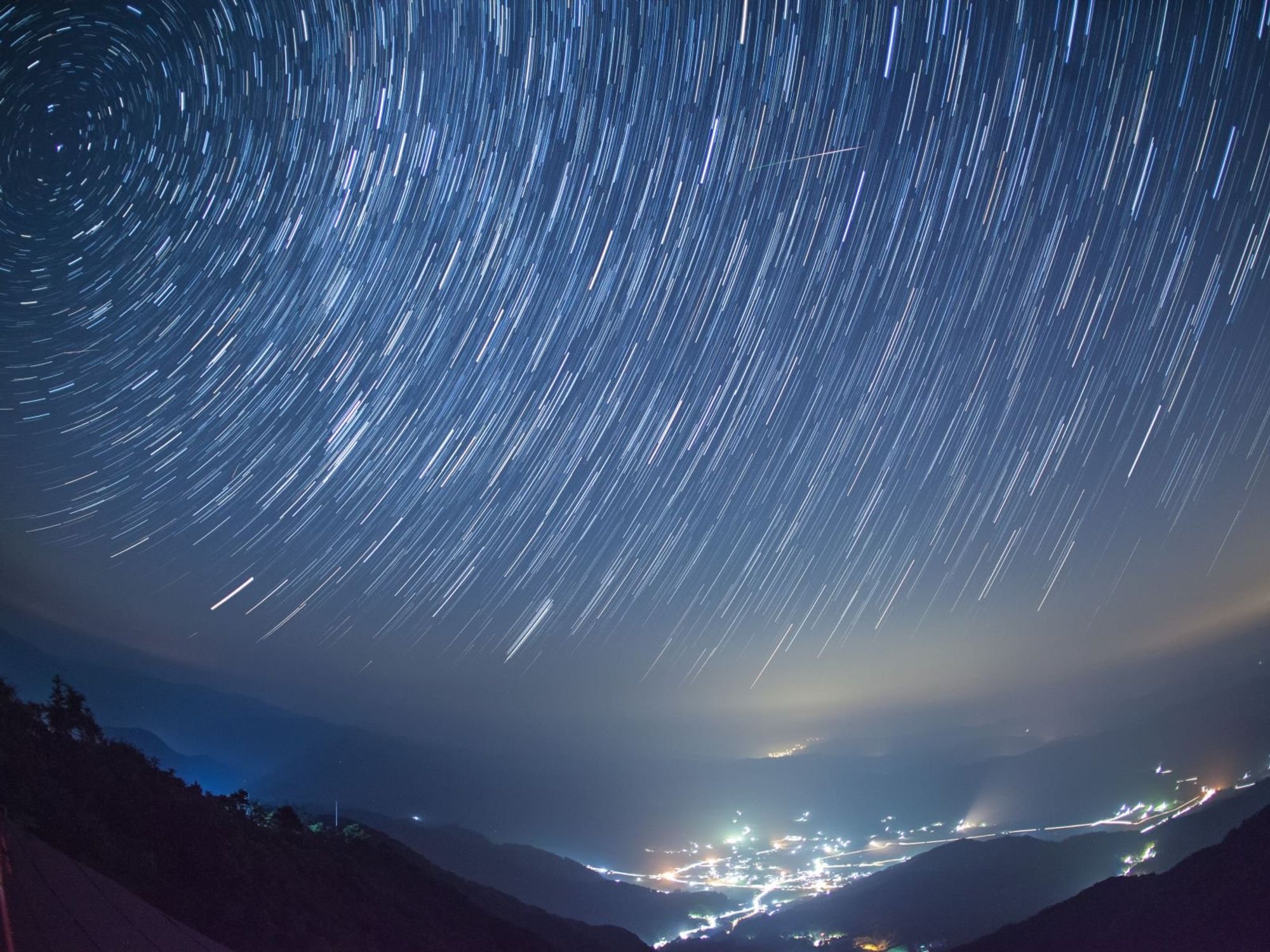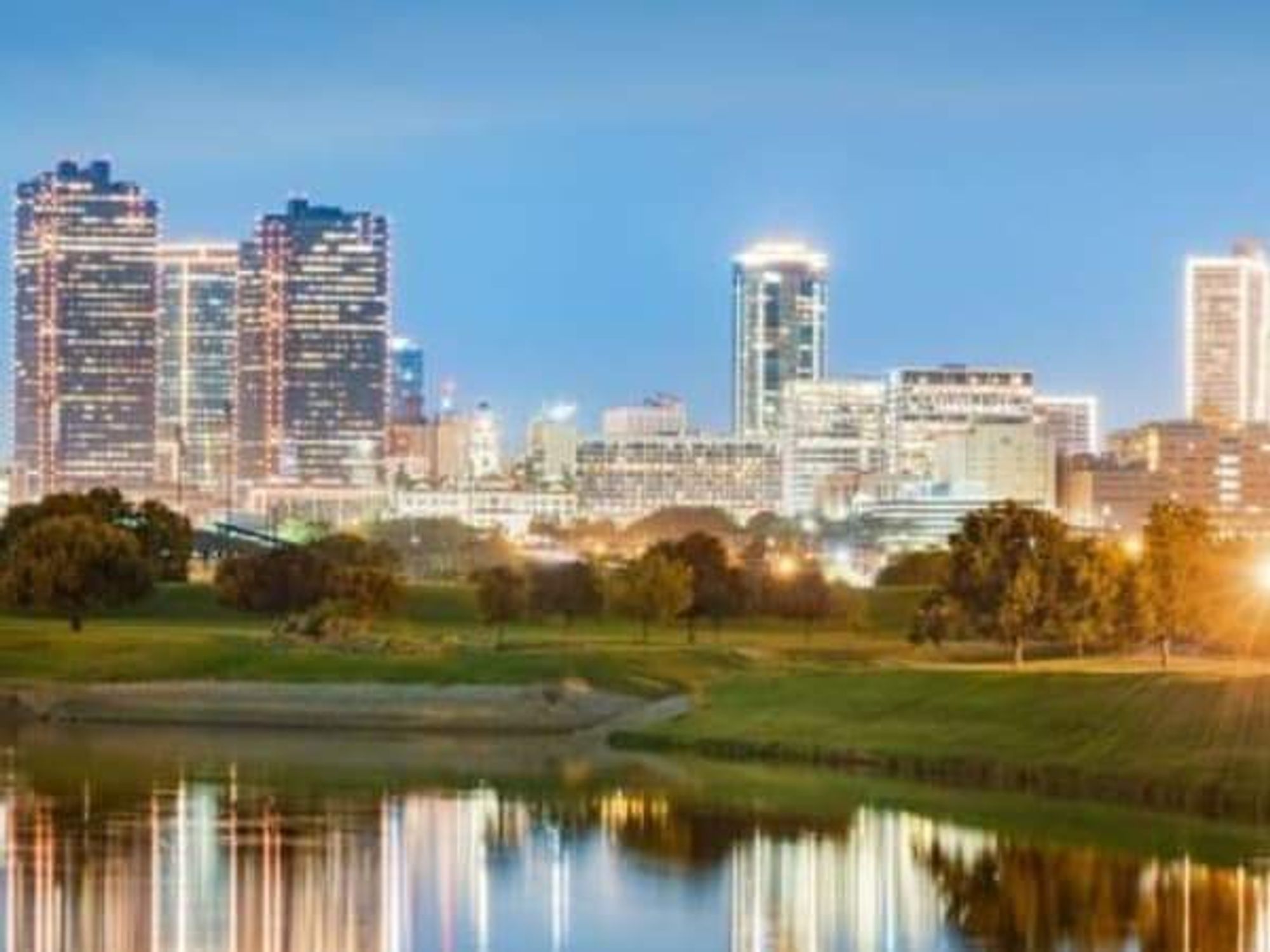star search
Best places to view this weekend's Perseid meteor shower in North Texas and beyond

The Perseid meteor shower (seen here in Japan) will be at its peak August 12-13, 2023.
Meteor showers are some of the most beautiful performances Mother Nature can produce, and the grandest show of 2023 is coming up: the Perseid meteor shower, the biggest meteor shower of the year, will be at its most visible state the night of Saturday, August 12 until the early morning of Sunday, August 13.
According to space.com, circumstances will be nearly ideal for watching the shooting stars dance their way across the dark skies. Not only will Earth be positioned in the densest part of the Perseid stream, but the moon will barely be visible, creating an even darker backdrop.
Viewers will not need a telescope to see meteors that night, experts say, but the best viewing experiences will still be from a dark, unlit area of the city, or in a designated Dark Sky Community. Texas cities, towns, parks, and sanctuaries that are part of the International Dark-Sky Association focus on night sky conservation while combatting the spread of light pollution.
Many Texas state parks will host stargazing activities for community members and astronomy enthusiasts at Perseid's peak. (Keep in mind that no matter where you view the night sky, it may take up to 20 minutes for your eyes to adjust.)
Here are the best cities, towns, and state parks around North Texas (and beyond) to watch the Perseid meteor shower's peak on August 12. Note that some events are subject to cancellation based on the weather and cloud cover.
North Texas
Lakewood Village
This small town on Lewisville Lake is seven miles from Little Elm, and was designated the 23rd International Dark Sky Community in September 2019 (and it's the only one in all of Dallas-Fort Worth). While their Facebook page doesn't say the town is hosting a watch party, that doesn't mean you can't park in an unobtrusive spot and watch the sky from the tailgate of your car.
Cooper Lake State Park
Cooper Lake State Park is an hour-and-a-half (about 90 miles) away from Dallas, and will be hosting several self-guided stargazing events, August 12-24. Visitors can meet at the South Sulphur Unit at 9 am to try and catch some shooting stars there, but they might have a better chance of catching a show starting from 8:30 pm at the Doctors Creek Unit. More information is on the Texas Parks and Wildlife event website.
Dinosaur Valley State Park
The best and most knowledgeable astronomers from the Fort Worth Astronomical Society will be joining Dinosaur Valley State Park for a "Star Party" in Glen Rose beginning at 9 pm on August 12. The society will provide their celestial knowledge as they examine the night sky. The park asks that guests bring only red lights to the event. More information about the party can be found on the Texas Parks and Wildlife event website.
Mineral Wells State Park and Trailway
While this isn't a specific stargazing event, you can still catch a view of the meteor shower while challenging what you know about Texas. Mineral Wells State Park's Jeopardy!-style Texas Trivia night falls on August 12 from 8:30-10 pm. Put your Texas nature and history knowledge to the test, and observe the shooting stars as your background. More information can be found on the Texas Parks and Wildlife event website.
Central Texas
Los Maples State Natural Area
This special "Maples and Meteors Sky Fest" is part of a 100-year celebration of Texas state parks in 2023. Visitors can learn about local wildlife and dark sky protection on August 12 from 6-9 pm, followed by a weather-dependent star-watching party until 10:30 pm. More information is on the Texas Parks and Wildlife event website.
Dark Sky Parks and Communities
There are several Dark Sky-certified parks that are perfect for stargazing in Central Texas, including Travis County Milton Ranch Park, Lyndon B. Johnson State Park and Historic Site, Enchanted Rock Natural State Area, and South Llano River State Park.
Dark Sky Communities in Central Texas include Dripping Springs, Fredericksburg, Blanco, Wimberley, and Horseshoe Bay.
East Texas
Martin Dies, Jr. State Park
On August 12 from 8:30-10 pm, visitors can participate in an evening of observation and stargazing using the park's special stargazing telescope. The on-site park ranger will provide red cellophane to protect attendees' night vision if they bring any flashlights. More information is on the Texas Parks and Wildlife event website.
West Texas
Lake Brownwood State Park
This West Texas "Star Party" runs from 8:30-10 pm on August 12, with plenty of telescopes to help visitors view the night sky. Volunteers will also teach about the constellations throughout the evening. The park asks that visitors do not bring any white lights, only red lights. Astronomy enthusiasts are more than welcome to bring their own telescope. More information is on the Texas Parks and Wildlife event website.
Abilene State Park
The Big Country Master Naturalists will join visitors at the park from 9-11 pm for a free night of stargazing. Much like similar watch parties on August 12, the park requests that only red lights be brought to the event so they do not interfere with guests' night vision. More information is on the Texas Parks and Wildlife event website.
University of Texas McDonald Observatory
The Fort Davis-based observatory hosts their family-friendly outdoor star parties on Saturday nights beginning at 9:30 pm, weather-permitting. The two-hour program includes a tour of the Helen S. Martin Star Amphitheater before embarking on a constellation tour led by visitor center staff. Then, guests will be taken to the Rebecca Gale Telescope Park to view the night sky through their telescopes. More information is available on their website.
